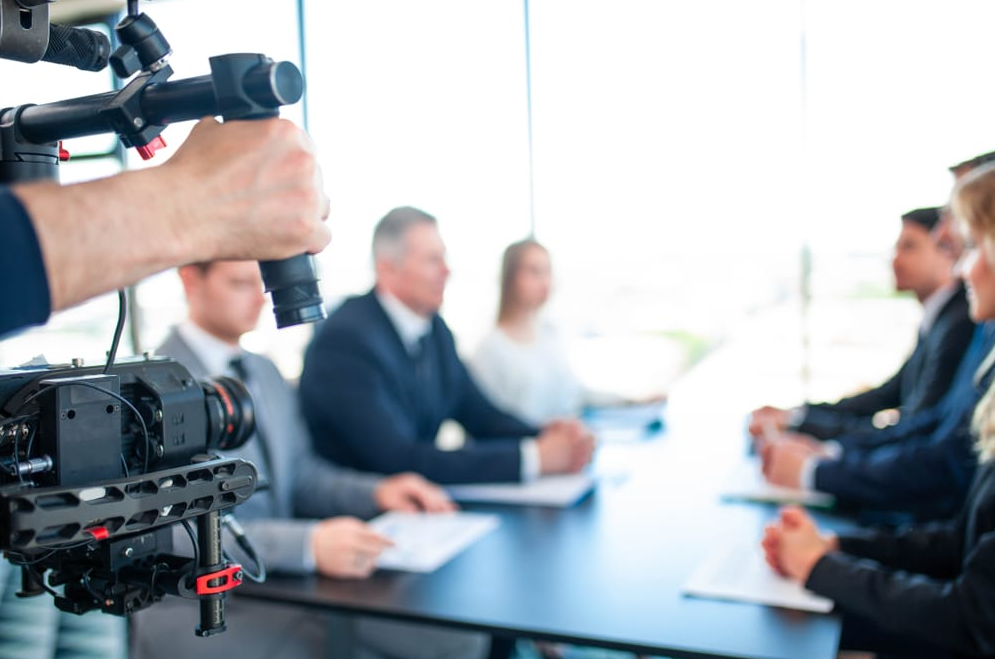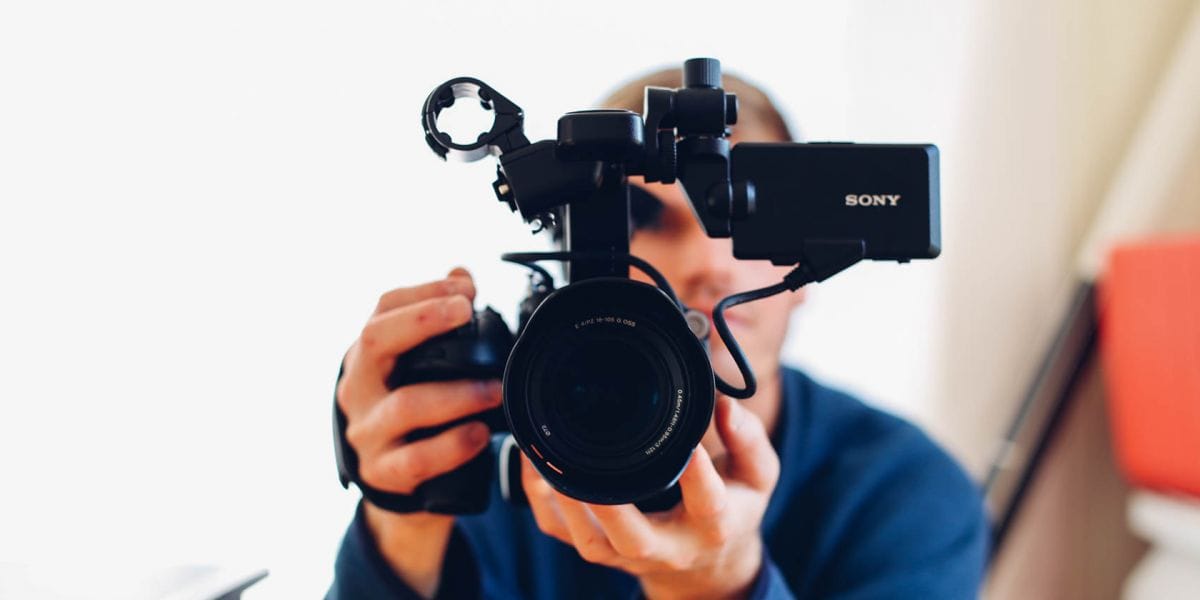Mastering Legal Videography: Necessary Tips and Techniques
Mastering Legal Videography: Necessary Tips and Techniques
Blog Article
Discovering the Purpose and Impact of Lawful Videography in the Legal Area
Legal videography has actually become a vital device in the legal area, transforming the means evidence is provided and preserved. As we navigate with the intricate internet of guidelines and ethical factors to consider bordering lawful videography, a clearer image arises of its potential to shape the future of the legal landscape.
Background of Legal Videography
The evolution of legal videography can be traced back to the early days of court room technology integration. As courts started to identify the worth of visual evidence discussion, using videography in legal process acquired traction. In the 1980s, the introduction of analog video clip electronic cameras marked a considerable milestone in the background of lawful videography. These video cameras permitted the recording of depositions, witness testaments, and courtroom proceedings, providing a visual document that complemented conventional created records.
With the innovation of innovation, the change from analog to digital video clip taping more changed the field of legal videography. Digital video cameras supplied better recordings, much easier editing capacities, and enhanced storage space options. This shift not just improved the clarity and accuracy of aesthetic proof but additionally streamlined the discussion of intricate details in courtrooms.
Today, legal videography plays a critical function in the lawful area, providing attorneys a powerful device for offering evidence, recording testaments, and developing engaging visual narratives to support their situations. The development of lawful videography remains to shape the method lawyers come close to lawsuits and campaigning for.
Benefits of Lawful Videography

Additionally, lawful videography permits for the preservation of witness testimony in a genuine and powerful manner. By capturing the attitude and disposition of witnesses throughout their testimonies, attorneys can better examine the reputation of their statements and possibly uncover disparities or fallacies. This can be particularly beneficial during cross-examination and in providing evidence to support or refute key arguments in an instance.
In addition, lawful videography supplies the advantage of developing a long-term record that can be taken another look at and assessed any time. Lawyers can examine video clip footage to determine essential information, get ready for upcoming court proceedings, or enhance their strategies for trial. This capacity to review and dissect visual evidence can supply lawyers with a calculated advantage in building a durable case.
Methods for Efficient Lawful Videography
Integrating reliable techniques in legal videography is vital for maximizing the influence of visual evidence and bolstering the reliability of witness statements in lawful procedures. One essential method is guaranteeing correct lighting to capture facial expressions and clear photos. Natural light or strategically put fabricated illumination can dramatically boost the high quality of the video. Additionally, using top quality audio equipment is essential to tape audio accurately, ensuring that all spoken communication is caught clearly. Framing plays a vital function in legal videography; it is necessary to frame shots appropriately to concentrate on the pertinent components while decreasing diversions. Smooth electronic camera movements and steady shots are required to protect against visual disturbances that might diminish the content. Making use of several camera angles can offer comprehensive insurance coverage of the scene, recording different viewpoints at the same time. Finally, post-production editing and enhancing must be carried out thoroughly to provide a polished final item that efficiently conveys the desired message in an expert manner.
Legal Videography in Court Settings

In court settings, lawful videographers have to follow strict standards to maintain the stability of the legal process. They should be very discreet to stay clear of interfering with look these up procedures while also being alert in catching essential information. The footage tape-recorded by lawful videographers works as a valuable resource for courts, attorneys, and juries, offering an aesthetic document that can be referenced during instance preparation, charms, or reviews.

Ethical Considerations in Lawful Videography
Ethics serve as a foundational framework assisting the practice of lawful videography, guaranteeing integrity and impartiality in catching and protecting legal process. One crucial ethical consideration is obtaining informed approval from my website all events involved before videotaping any lawful proceedings.
Privacy is one more paramount ethical consideration in lawful videography - LEGAL VIDEOGRAPHY. Videographers must manage all taped footage with miraculous like secure sensitive info and maintain the personal privacy rights of those associated with the legal process. In addition, maintaining objectivity and neutrality during the recording process is crucial to avoid prejudice and make sure an exact depiction of the events
Verdict
To conclude, legal videography has actually come to be an essential device in the legal area, offering a visual document of occasions and enhancing the presentation of proof in courts. By capturing demos, testimonies, and scenes, lawful videographers play a vital role in making sure a reasonable and transparent lawful process. With honest considerations and appropriate methods, legal videography remains to have a significant effect on the lawful profession, shaping the means information is caught and presented in legal process.
Legal videography has come to be an essential device in the lawful area, transforming the means evidence is presented and protected.Including effective techniques in legal videography is necessary for making the most of the effect of aesthetic proof and bolstering the trustworthiness of witness testaments in lawful process.Ethics serve as a foundational framework directing the method of lawful videography, making sure honesty and impartiality in recording and maintaining lawful process.In verdict, lawful videography has actually ended up being a crucial device in the lawful area, giving an aesthetic document of occasions and improving the navigate here discussion of evidence in courts. With honest considerations and proper techniques, lawful videography proceeds to have a significant impact on the legal career, forming the method info is caught and provided in legal proceedings.
Report this page